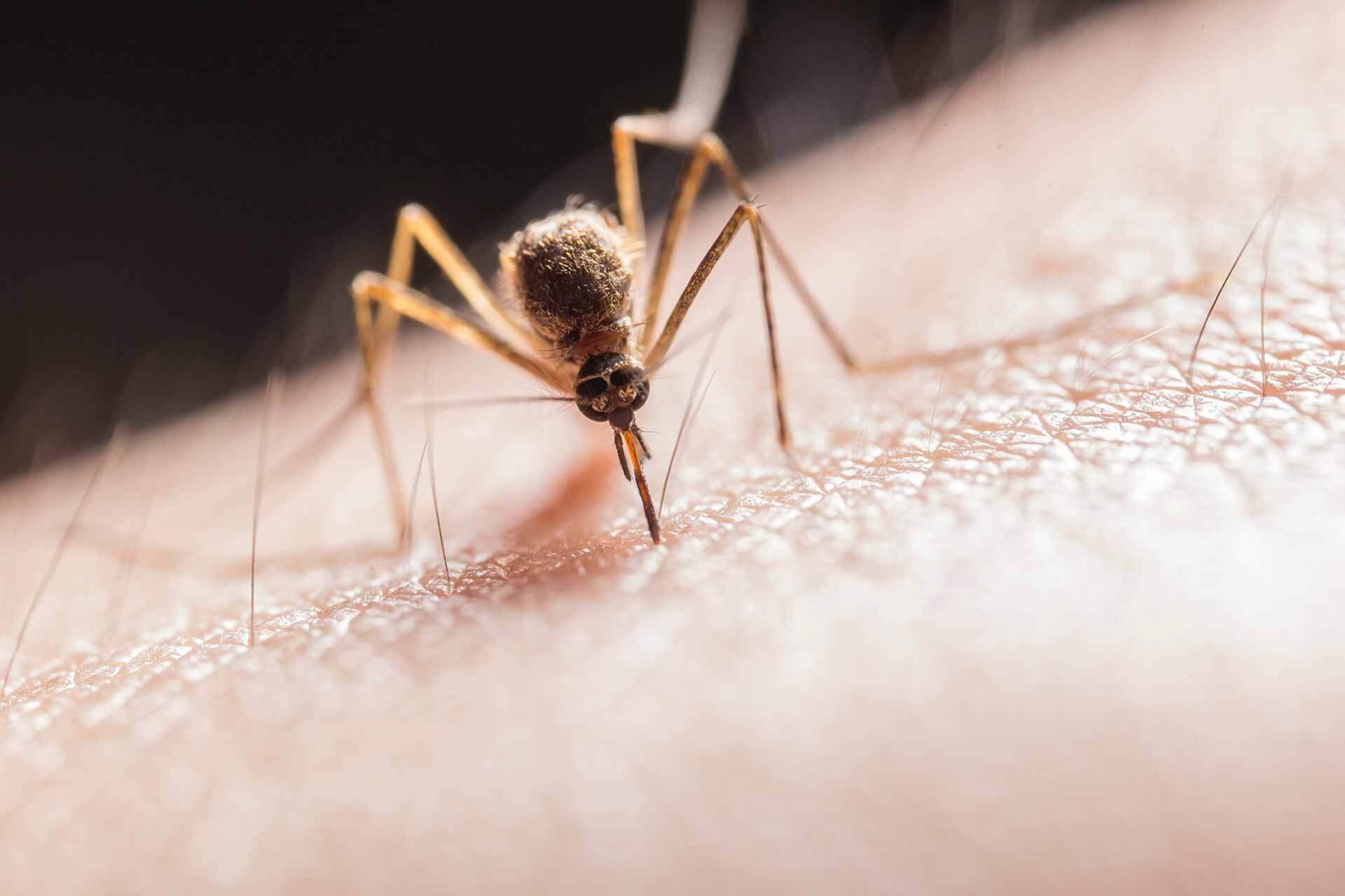Don’t take a chance, malaria can be prevented
April 30, 2021
Sub-Saharan Africa has some of the highest malaria rates in the world, and even within our own borders, the health risks posed by this mosquito-borne illness cannot be taken lightly, especially for those at risk of more severe illness. A pharmacist from South Africa’s largest national courier pharmacy discusses the preventative measures to consider before visiting a malaria area.
“This year World Malaria Day is marked on Sunday, 25 April, an apt reminder of the dangers of malaria particularly for us in Africa, where more than 90% of the world’s malaria illnesses and deaths are recorded according to the World Health Organization [WHO],” says pharmacist Joy Steenkamp of Medipost Pharmacy.
The mosquito may be small, but it is regarded as the world’s deadliest animal because it can transmit illnesses to humans, including malaria which kills an estimated 400 000 people globally per year.
What is malaria?
“Malaria is an infection caused by the tiny Plasmodium parasite, which can be transmitted to humans if they are bitten by a parasite-infected female mosquito. Although malaria is often a mild illness with non-specific symptoms such as fever, headache, and upset stomach, it can progress to become a severe illness that may even be fatal. In some cases, malaria complications can leave the person with lasting health problems even after they have recovered from the illness,” she says.
Who is at risk?
“There are a few high-risk areas within South Africa. If you are travelling to certain parts of Limpopo, Mpumalanga and KwaZulu-Natal, it may be necessary to take measures to prevent malaria. Medicines for prevention are known as chemoprophylaxis and are even more important during summer between September and May, when malaria tends to be more prevalent,” Steenkamp says.
“Pregnant women, children under the age of five, and people who are HIV positive may be at increased risk for malaria and should particularly be cautious when visiting malaria areas.
Preventing malaria
“In malaria-endemic areas, prevention strategies, such as insecticide-treated nets (ITNs) are used, and potential vaccines are being studied in trials. For people planning to visit malaria areas, it is important to plan ahead, as prophylactic medicines available without prescription often need to be started one to two days before travelling and taken daily without interruption while in the malaria area and for a further seven days or more afterwards,” Steenkamp says.
When visiting malaria areas, it is also advisable to try to avoid being bitten by mosquitoes as far as possible. “Cover up by wearing long-sleeved shirts, long pants and sleeping with a mosquito net to help reduce your chances of being bitten. Mosquito repellents can also help, but pregnant women should be cautious to ensure any measures are pregnancy-safe before using them.”
Some malaria prophylactic medicines are available without a doctor’s prescription. Self-care products such as these are available from https://shop.medipost.co.za/, where you can chat to our friendly online agents about the products we have in stock and register for convenient delivery to any address in South Africa. Delivery is free on purchases over R350, and when combined with monthly chronic medication orders.
“Your pharmacist will advise if you are a suitable candidate for malaria prevention as these medicines may interact with certain chronic medication, such as blood thinners and certain medications used for HIV and tuberculosis. Furthermore, pregnant women would need to consult with their doctor to determine the need for malaria chemoprophylaxis.”
People registered with Medipost Pharmacy’s chronic medication delivery service or self-care medication online shop, have free access to telephonic clinical advice from pharmacists and pharmacist’s assistants in their preferred official South African language.
This service is available from Monday to Friday, 08h00 to 17h00, and Saturdays between 08h00 and 12h00 for advice regarding dosage, possible side effects or interactions and other queries relating to medication dispensed by Medipost Pharmacy.
“Although we are all concerned about the Covid-19 pandemic, we cannot let our guard down when it comes to other major health concerns – especially preventable illnesses such as malaria. Do not take a chance if you are travelling to a malaria area, even this late in the season,” Steenkamp concludes.













